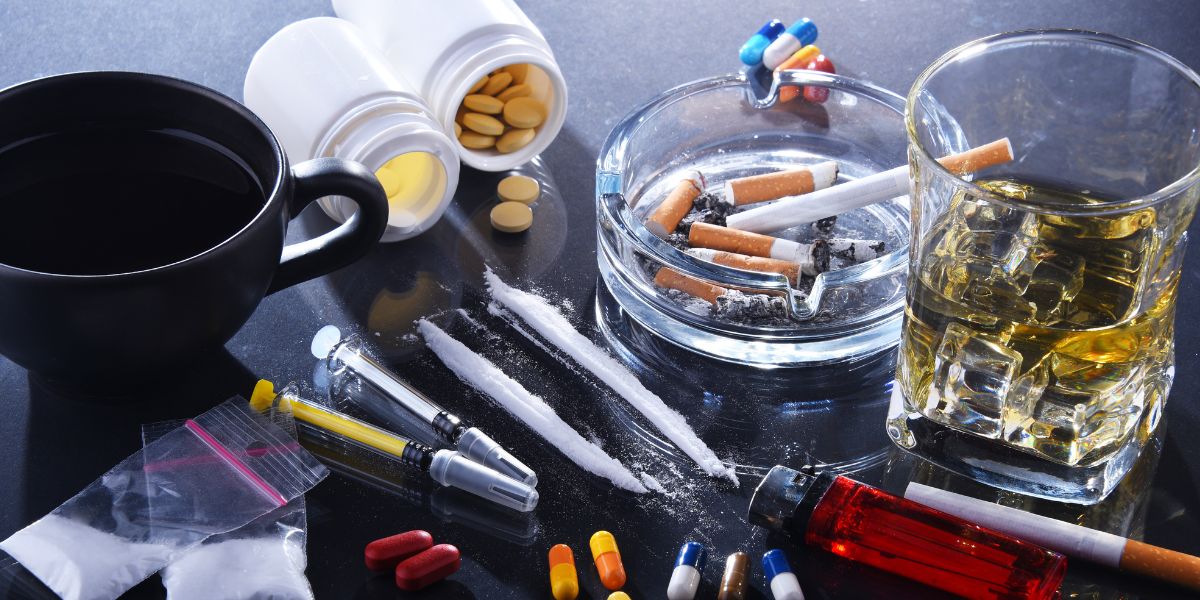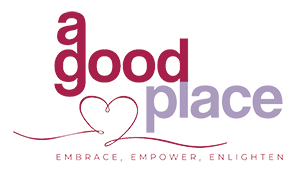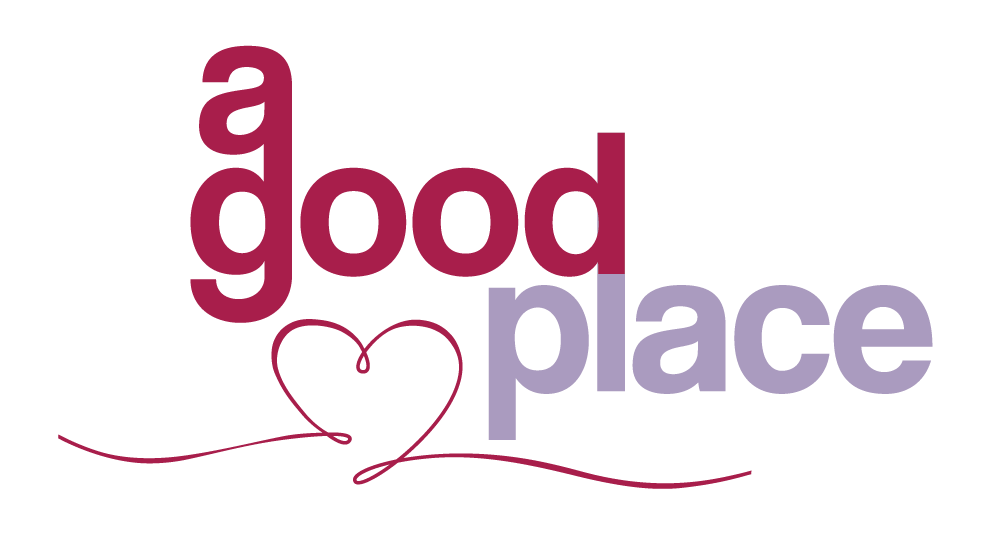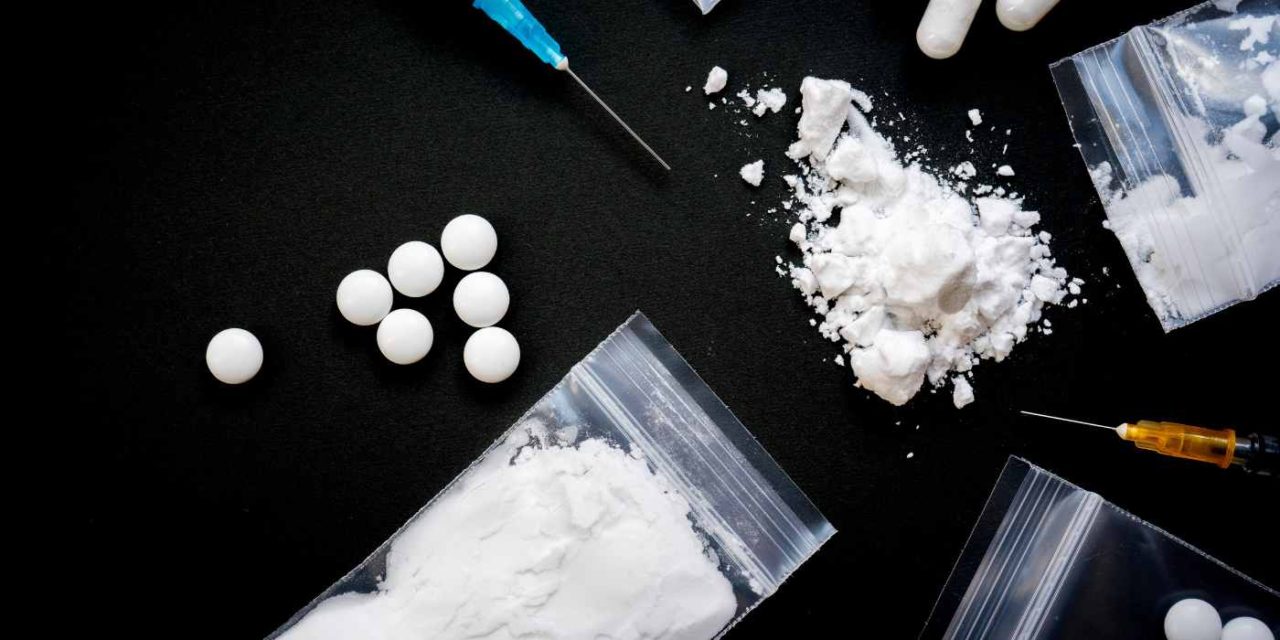Top 10 Tips For Addictions Recovery
By: A Good Place Therapy
Addiction is a complicated struggle that affects not only the individual but also their family, friends, and society.
Recovery, however, is always within reach, and understanding the nature of addiction is a crucial first step.
This original article will explore tips for recovering from addiction, intriguing statistics about addiction in Canada, recovery strategies, notable Canadians who’ve battled addiction, and the top FAQs about addiction and recovery.
Top 10 Tips For Addiction Recovery
Recovery is a challenging journey but knowing the right steps to take can make the process more manageable.
1. Acknowledge the Problem: Recognizing and admitting to the issue is the first step towards recovery. This step is beneficial as it sets the foundation for a change and opens the door for support and treatment.
2. Seek Professional Help: Addiction specialists, therapists, and counselors are trained to guide individuals through recovery. They provide expert advice, therapy options, and support which increase the likelihood of long-term recovery.
3. Join a Support Group: Groups like Alcoholics Anonymous or Narcotics Anonymous provide a community of people experiencing similar struggles. The shared experience can offer comfort, reduce feelings of isolation, and provide practical tips for dealing with addiction.
4. Develop a Healthy Lifestyle: Regular exercise, a balanced diet, and good sleep habits support physical health, which can improve mood and energy levels, making it easier to cope with cravings and withdrawal symptoms.
5. Build a Strong Support Network: Having friends and family who support your recovery can provide emotional assistance, helping you feel understood and less alone. Their encouragement can be critical during tough times.
6. Learn to Manage Stress: Stress can be a trigger for substance use. Techniques like meditation, yoga, or deep-breathing exercises can help manage stress levels, making it less likely for one to turn to substances as a coping mechanism.
7. Avoid Triggers: Identifying situations, people, or emotions that trigger substance use and learning to avoid or cope with them reduces the risk of relapse.
8. Set Realistic Goals: Having clear, achievable goals can provide motivation and a sense of purpose, keeping you focused on the recovery process.
9. Practice Self-Care: Taking care of one’s emotional health is as crucial as physical health. Self-care practices can help manage negative emotions, reducing the need to use substances for emotional relief.
10. Stay Committed to Recovery: Recovery is often a long and non-linear journey. Staying committed, even in the face of setbacks, is essential for long-term success. This perseverance helps build resilience, a key factor in overcoming addiction.
Understanding Addiction: Canadian Statistics
Before we delve into the recovery process, it’s essential to appreciate the scale of addiction problems in Canada.
1. According to the Canadian Centre on Substance Use and Addiction, approximately 21% of the Canadian population (roughly 6 million people) meet the criteria for a substance use disorder during their lifetime.
2. In 2017, an estimated 11,577 deaths were associated with substance use, indicating the severe and life-threatening consequences of addiction.
3. Alcohol is one of the most commonly abused substances in Canada. It can lead to severe health and social issues, including alcoholism, liver disease, and impaired driving incidents. According to the Canadian Centre on Substance Use and Addiction, it’s estimated that about 3.2% of Canadians met the criteria for alcohol use disorder in the past year as of 2020.
4. Methamphetamines, also known as crystal meth, are highly addictive and can lead to severe physical and mental health problems. The use of this substance is a growing concern in certain regions of Canada. The data is less clear for methamphetamines. However, reports suggest that the use of methamphetamines is rising in certain regions of Canada, including British Columbia and the Prairies.
5. Cocaine is a powerful stimulant and one of the most commonly used illicit drugs in Canada. It can lead to severe health issues and dependency. Statistics Canada reported in 2017 that about 2.5% of Canadians aged 15 and over reported using cocaine in the past year. However, it’s challenging to ascertain how many of these users struggle with addiction.
6. Canada is experiencing an opioid crisis, with a significant rise in opioid-related overdoses and deaths in recent years. This category includes both prescription opioids (like oxycodone) and illegal drugs (like heroin and illicitly-produced fentanyl). In 2020, it was estimated that around 0.4% of Canadians (or about 149,000 individuals) had used heroin or other opioids for non-medical reasons in the past year, according to the Canadian Centre on Substance Use and Addiction. However, not all of these individuals would be classified as addicted.
7. Cannabis use is quite prevalent in Canada, especially since its legalization in 2018. While not everyone who uses cannabis becomes addicted, a subset of users can develop cannabis use disorder, characterized by an inability to control use despite negative consequences. According to a survey by Statistics Canada in 2020, approximately 6.5% of Canadians who consumed cannabis in the past three months reported symptoms consistent with cannabis use disorder.

Notable Celebrities With Addiction Problems
Absolutely, here are twenty celebrities who have publicly shared their struggles with addiction:
- Demi Lovato: The singer battled substance abuse, including cocaine and alcohol addiction, and has publicly discussed her recovery journey.
- Robert Downey Jr.: The actor had a notorious past with drug addiction, including cocaine and heroin, but has successfully maintained sobriety for many years.
- Elton John: The musician struggled with alcohol and cocaine addiction, and has since dedicated himself to recovery.
- Brad Pitt: The actor overcame a destructive period of alcohol and marijuana addiction with the help of recovery programs.
- Ozzy Osbourne: The rock star has had a long history of drug and alcohol addiction, and has made multiple attempts at rehab.
- Amy Winehouse: The late singer battled with alcohol and drug addiction, including heroin, which ultimately contributed to her premature death.
- Russell Brand: The comedian has been open about his past heroin and alcohol addiction and is now a vocal advocate for recovery and addiction awareness.
- Philip Seymour Hoffman: The late actor struggled with drug addiction, including heroin, which tragically led to his fatal overdose.
- Drew Barrymore: The actress had a well-documented struggle with alcohol and drug addiction, including marijuana and cocaine, from a young age. She has since overcome her addiction.
- Charlie Sheen: The actor’s public meltdown spotlighted his struggles with drug and alcohol addiction.
- Ben Affleck: The actor has publicly acknowledged his struggle with alcohol addiction and has gone through rehab multiple times.
- Keith Richards: The Rolling Stones guitarist battled heroin and alcohol addiction, but has since reportedly been sober for several decades.
- Britney Spears: The pop star had a very public struggle with drug and alcohol addiction, which led to her infamous breakdown in 2007.
- Eminem: The rapper had a well-documented struggle with prescription drug addiction, including Vicodin and Valium. He has been in recovery for over a decade.
- Lindsay Lohan: The actress has publicly struggled with alcohol and cocaine addiction, leading to multiple rehab stays and legal issues.
- Johnny Depp: The actor has admitted to struggling with drug and alcohol addiction, which has led to personal and professional challenges.
- Kurt Cobain: The late Nirvana frontman had a well-documented struggle with heroin addiction, which contributed to his untimely death.
- Nicole Richie: The TV personality has been open about her past struggles with heroin and marijuana addiction.
- Daniel Radcliffe: The “Harry Potter” star has publicly spoken about his struggle with alcohol addiction.
- Steven Tyler: The Aerosmith frontman has openly discussed his battle with drug and alcohol addiction, which led to several stints in rehab.
Top 10 FAQs And Answers
Here are answers to the top 10 FAQs about addiction and recovery:
What is addiction?
Addiction is a complex brain disorder characterized by compulsive substance use despite harmful consequences.
Can addiction be cured?
While there’s no ‘cure’ per se, addiction can be effectively managed, and individuals can achieve sustained recovery.
What are the signs of addiction?
Signs can include tolerance to the substance, withdrawal symptoms, inability to cut down or quit, neglect of daily responsibilities, and continued use despite adverse effects.
What’s the first step in recovery?
The first step is acknowledging the problem and seeking help.
Is relapse a failure?
No, relapse is not a failure but rather a common part of the recovery process. It indicates that the treatment needs to be adjusted.
Are there resources for families of addicts?
Yes, resources like Al-Anon provide support for families of individuals struggling with addiction.
Is medication necessary for recovery?
Medication can be an effective part of treatment for some people, especially when combined with counselling and other behavioural therapies.
Are support groups beneficial?
Yes, support groups can provide a sense of community, reduce feelings of isolation, and offer practical advice.
Can co-occurring mental health disorders be treated alongside addiction?
Yes, it’s important to treat all co-occurring disorders simultaneously for effective recovery.
Is it possible to recover alone?
While some individuals may successfully recover alone, professional help and a strong support network significantly improve the chances of successful recovery.
Conclusion
Recovering from addiction is a journey of personal growth, resilience, and commitment. It’s a challenging process, but with the right support and resources, recovery is within reach for everyone.
By taking one step at a time, celebrating small victories, and refusing to be defined by setbacks, you can navigate the path to recovery and reclaim control over your life.
If you or someone you know is struggling with addiction, know that help is available. Reach out to healthcare professionals or local support groups. Remember, seeking help isn’t a sign of weakness, but a courageous step towards reclaiming your life.
If you have any questions about our article, “Top 10 Tips For Addictions Recovery” or need online therapy for addiction, feel free to contact us on LiveChat, social media or at [email protected].





